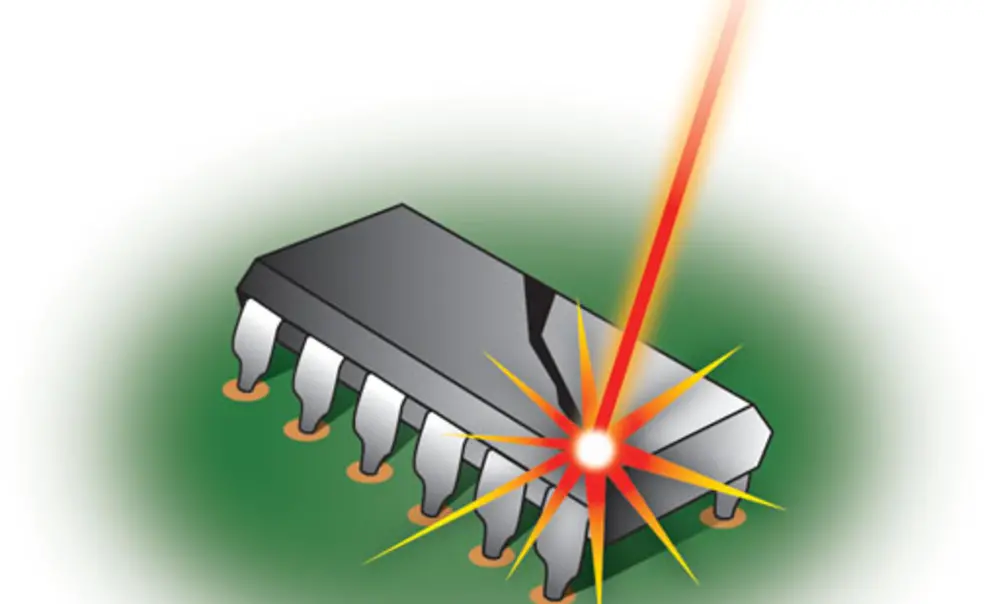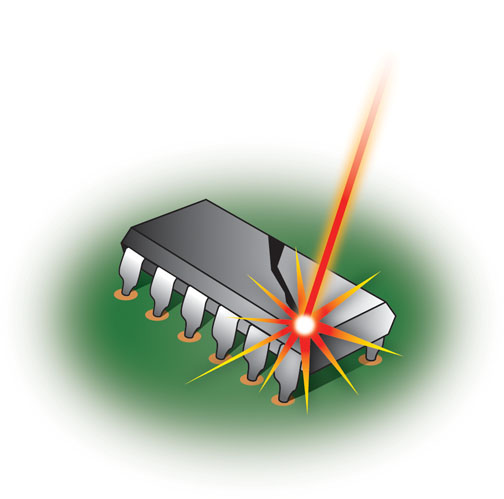FYI: Findings
Researchers have demonstrated that COMPUTER CHIPS in tiny integrated power amplifiers can repair themselves on the fly. The team, which included assistant professor of electrical engineering Kaushik Sengupta and scientists at Caltech, destroyed various parts of the chips with a high-powered laser and observed the chips developing a workaround in less than a second. The findings were published in IEEE Transactions on Microwave Theory and Techniques in March.
Contrary to fears by opponents, construction of an AFFORDABLE-HOUSING DEVELOPMENT in a South Jersey suburb had no negative effects on property values, tax assessments, or crime rates, while boosting the economic prospects of its residents, according to a study by Professor of Sociology and Public Affairs Douglas Massey *78 and four colleagues. The study is described in “Climbing Mount Laurel: The Struggle for Affordable Housing and Social Mobility in an American Suburb” (Princeton University Press).
Michael McFarland, a postdoctoral researcher at Princeton’s Office of Population Research, and colleagues found that a CANCER DIAGNOSIS makes people more religious — and that “people diagnosed with cancer at younger ages are more likely to become more religious than their counterparts diagnosed at older ages.” Their findings were published in Social Science Research in March.













No responses yet